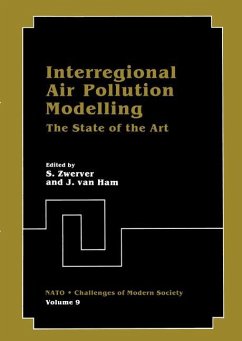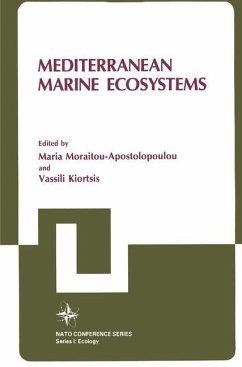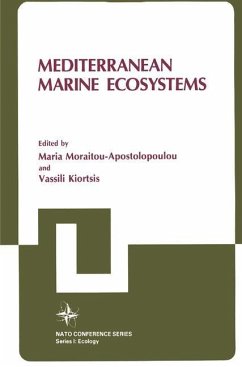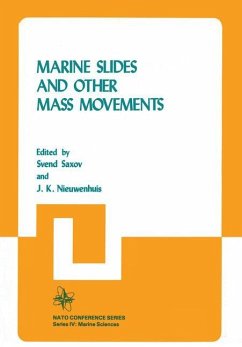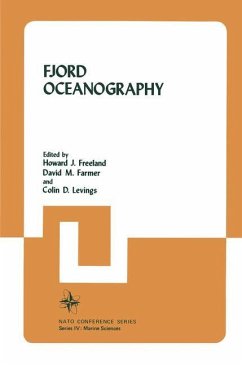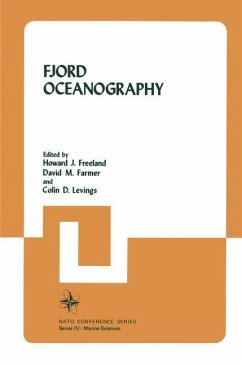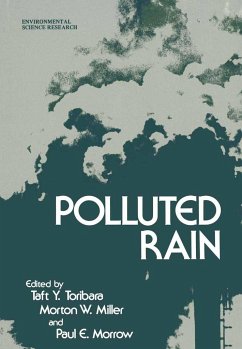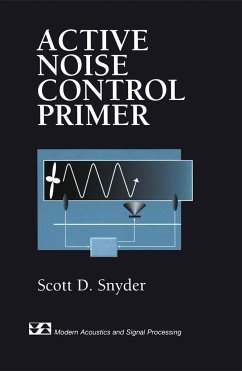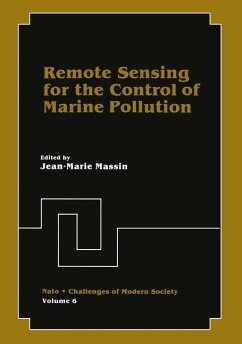
Remote Sensing for the Control of Marine Pollution
Versandkostenfrei!
Versandfertig in 1-2 Wochen
39,99 €
inkl. MwSt.

PAYBACK Punkte
20 °P sammeln!
This volume represents the findings of the six-year NATO CCMS pilot study on the use of remote sensing for the control of marine pollution, a joint study conducted by countries confronted by the problems that arise from the prevention of, and the fight against, deliberate and accidental oil spills. In 1976, when I submitted to the Committee on the Challenges of Modern Society the draft of this pilot study, the use of remote sensing in the area covered by the project was still at the experimental research stage. Two years later, the Amoco Cadiz disaster occurring on the Brittany Coast gave ~he ...
This volume represents the findings of the six-year NATO CCMS pilot study on the use of remote sensing for the control of marine pollution, a joint study conducted by countries confronted by the problems that arise from the prevention of, and the fight against, deliberate and accidental oil spills. In 1976, when I submitted to the Committee on the Challenges of Modern Society the draft of this pilot study, the use of remote sensing in the area covered by the project was still at the experimental research stage. Two years later, the Amoco Cadiz disaster occurring on the Brittany Coast gave ~he opportunity to demonstrate the important role that remote sensing could play in the fight against major oil spills. At the same time, many countries engaged in the fight against the deliberate discharge of oil from ships became aware of the po tential of remote sensing to help combat this type of illegal activity. Compiling this volume has afforded me the opportunity to re-read the papers that were presented at the workshops in Washington, D.C. and Paris, which were held April 1979 and October 1982, respectively. Not only is the material still of current interest, but also some recommendations expressed by the experts have already received international recognition. This applies, in particular, to the Isowake experiments, which were originated by the United States (U.S. Coast Guard) and the United Kingdom (Warren Spring Laboratory).



